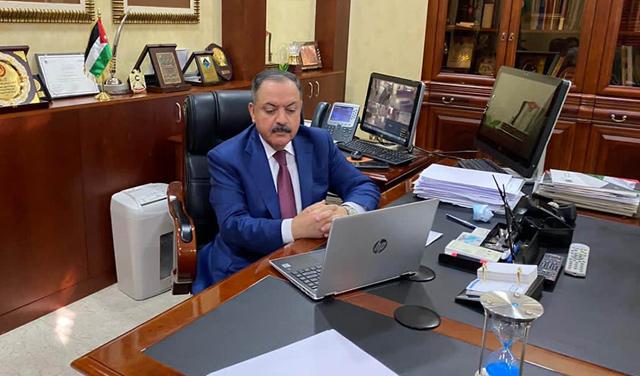- Local News
- Thu-2020-11-05 | 01:31 pm

The COVID-19 crisis has exacerbated the need for continuing renewable energy technology development to enhance the capabilities of nations to face the economic repercussions of the pandemic, Jordan’s Ambassador in Abu Dhabi Juma Abbadi said on Wednesday.
Delivering Jordan’s speech during the 19th and 20th meetings of the Abu Dhabi-based International Renewable Energy Agency (IRENA), in his capacity as the Kingdom’s permanent representative to the agency, Abbadi said that several governments, including Jordan, have resorted to full lockdowns at the beginning of the virus crisis, which sometimes led to a fall in electricity demand between 15 and 30 per cent.
The ambassador said that the 2020-2030 comprehensive strategy for the energy sector in Jordan aims at generating 31 per cent of the electric power and 14 per cent of the total energy mix from renewable resources by 2030, the Jordan News Agency, Petra, reported.
He also said that renewable energy has become "the main player that draws the future energy map not only in Jordan but also across the world”, adding that "it is the right time to think beyond solar and wind energy as sources for generating electricity”.
In this regard, Abbadi called for considering renewable energy resources for other usages, such as energy saving technologies, hydrogen energy and producing thermal energy to serve various industries.
The ambassador noted that the capacities of solar and wind energy in Jordan reached 1,930 megawatts that contribute to some 20 per cent of the electric energy that is produced by commercial projects and investors from the private sector.









